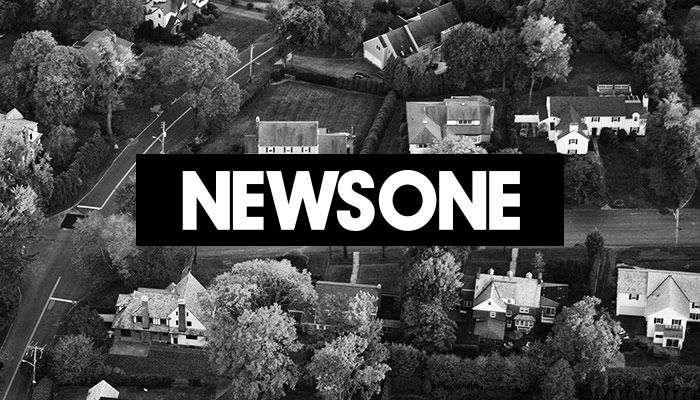Every Student Succeeds Act: National Urban League Assesses 37 States
National Urban League And Urban One Announce Evaluation Results Of Several State Education Equality Plans
Evaluations of 37 state education plans resulted in nine states rated “excellent,” eight graded “poor” and all the rest assessed as “sufficient,” the National Urban League (NUL) and its media partner Urban One said.
ALSO: NUL President & CEO Marc H. Morial Discusses Our Fight for Educational Progress
The review’s aim was to determine whether the state plans were likely to advance equity and excellence for at-risk students who attend public schools in the 36 states and the District of Columbia. To make that determination, NUL reviewed the Every Student Succeeds Act Consolidation State Plans the U.S. Department of Education approved from the state officials.
These evaluations were performed as part of NUL’s Equity & Excellence Project (EEP).
“States have an opportunity to commit earnestly to advancing equity. Our goal is to help states take better advantage of that opportunity—to equip communities, community leaders, equity advocates, parents, students, families, and administrators with the information necessary to strengthen their state-level advocacy as every state implements these plans,” said Marc Morial, president and CEO of the National Urban League, the nation’s leading civil rights and social services organization.
The nine states rated “excellent” include Colorado, Illinois, Kentucky, Louisiana, New Jersey, New York, Oklahoma, Ohio, and Rhode Island.
“These states are off to a strong start making the most of opportunities to further advance equity with some areas for improvement and a small number of areas deserving urgent attention,” the statement said.
The majority of the states, which received a “sufficient” rating, were deemed “adequately attentive to opportunities to further advance equity while missing several opportunities, all of which having a few areas deserving urgent attention.”
Those given a “poor” raging—Virginia, Florida, Arizona, Georgia, Missouri, Kansas, Michigan and California—unfortunately, “missed opportunities to further advance equity in a majority of areas with several areas needing urgent attention.”
Morial underscored that these assessments don’t reflect the quality of the public school systems in their respective states. Instead, the evaluations examined specific areas of concern, such as the school-to-prison pipeline and unfair per-pupil spending in the state plans.
“This analysis comes at a time when the nation is undergoing a transformational shift in conversations about race, socioeconomic status, and the systematic role they play in Americans’ lives,” Morial said. “With education at the forefront, advocates and stakeholders alike are looking critically at what states have committed to do for students and how they are going to doing it.”
SEE ALSO:
Disrupt Harlem Code Squad Empowers Youth Through Tech Education
Trump’s Education Secretary Feels Burdened By Civil Rights Cases
















